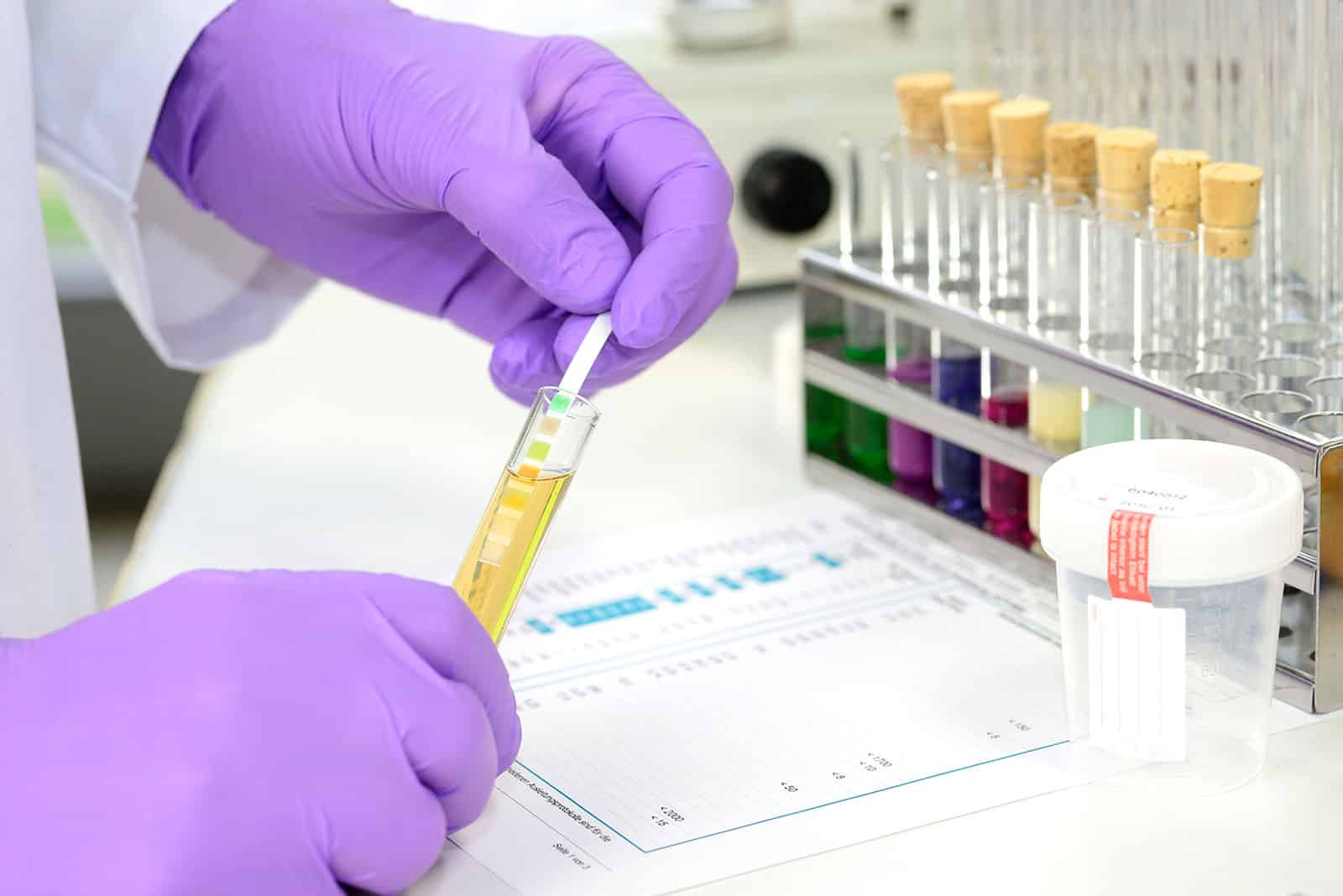If you or your loved one, like family members, is addicted to any type of drug, you should seek drug treatment that will help you learn how to manage your addiction and lead a drug-free life. Among the most effective treatments is outpatient rehab, which is typically offered through group therapy or individual counseling, as well as partial hospitalization programs. If you’re considering attending outpatient rehab, you may be wondering if drug tests take place during treatment, which will be discussed in the following.

Does Drug Testing Take Place During Outpatient Rehab?
Drug testing occurs in most situations when a person attends outpatient rehab. Keep in mind, however, that each treatment program can differ in regards to drug testing and the frequency of testing. If outpatient rehab is court-ordered as part of a criminal conviction, drug testing will always be administered.
The majority of outpatient rehab programs use treatment methods that include drug testing. The reason that drug testing is necessary for outpatient treatment is because of the level of freedom available to people who enter one of these programs.
During outpatient treatment, you can still live in your own home and maintain your everyday responsibilities, which means that you may continue to have access to the drug that you’ve become addicted to. Periodic drug testing is designed to keep you accountable for your actions and help you better manage your addiction.
Benefits of Receiving Drug Testing During Rehab
Even though regular drug testing can feel somewhat invasive, there are many tangible benefits associated with it, the primary of which include:
- Makes it more likely that you will continue to abstain from drugs
- Allows you to receive a more tailored treatment plan
- Helps you maintain physical health
- Restores trust with your friends and family
- Gives you the opportunity to celebrate your ongoing success
What Occurs if You Fail Your Drug Test During Rehab?
Even when you’re in a treatment program, avoiding relapsing and taking more drugs is always going to be difficult. Drug testing is designed to help you remain free from drugs while you continue down the path to recovery. If you happen to fail a drug test, this means that you have broken one of the rules that the outpatient facility maintains. In many instances, a failed drug test will result in you being offered an option to escalate your treatment, which can involve switching to a partial hospitalization program from an intensive outpatient program.
Partial hospitalization programs usually involve 5-7 days of treatment for 7-8 hours each day. Residential treatment may be offered if you are currently enrolled in a partial hospitalization program. If you don’t agree to one of these options, you may still be allowed to attend treatment in the program you’re currently in. However, an additional failed drug test will likely result in you being asked to leave treatment.
Addiction is a disease that can affect anyone. Regardless of the severity of your addiction, it’s highly recommended that you enter a treatment program to avoid any additional consequences to your health or livelihood.
FAQ
Do IOP programs drug test?
Do outpatient rehabs test for alcohol?
Published on: 2022-05-26
Updated on: 2025-01-01





